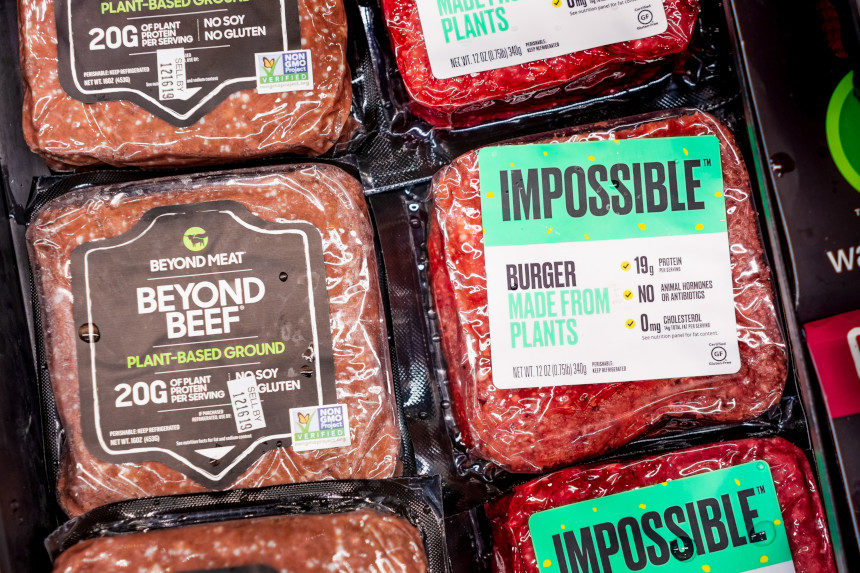“Your Health Checkup” is our online column by Dr. Douglas Zipes, an internationally acclaimed cardiologist, professor, author, inventor, and authority on pacing and electrophysiology. Dr. Zipes is also a contributor to The Saturday Evening Post print magazine. Subscribe to receive thoughtful articles, new fiction, health and wellness advice, and gems from our archive.
Order Dr. Zipes’ books, Bear’s Promise and Damn the Naysayers, A Doctor’s Memoir, and check out his website http://www.dougzipes.com.
Most of us want to live as long as possible, if we’re healthy and happy. Over half a million people lived past 100 years in 2015, and it is estimated that 25 million will become centenarians by 2100. A French woman, Jeanne Calment, who lived in Arles, France, died at age 122 years, the oldest person known. She is said to have enjoyed a glass of port, a cigarette, and some chocolate nearly every day, and once quipped that she “never had but one wrinkle, and I’m sitting on it.” Closest in age was an American, Sarah Knauss, who died at age 119. The oldest living person is reported to be Kane Tanaka, 118, from Fukuoka, Japan.
How can we achieve such longevity? Good genes obviously help, but how we live our lives is also important. Since heart disease is a major risk factor against achieving such longevity, I’ve stressed the seven steps that can improve those odds, including not smoking, exercise, and controlling diet, weight, blood pressure, lipids, and glucose. I’d add reducing stress and having good sleep patterns, both of which can be elusive during this COVID pandemic.
I can achieve most of those goals, but diet and weight challenge me daily. One problem is that I’m a carnivore. I like to eat meat. A thick, juicy steak grilled medium rare is a great treat. Eating a Steak ’n Shake double cheeseburger is like a birthday present, once a year on a special day.
Perhaps my craving for meat is about to be gratified. Plant-based foods are gaining popularity among people who want a healthier diet and are concerned about eating meat, as well as the impact of meat on the environment. Avoiding meat is no longer just eating salads and tofu. Especially popular in Asia, alternative proteins and alternative dairy products are becoming mainstream.
The Impossible Burger is one of the earliest and best-known success stories in this category. Made from plants, their burger patty has 19g protein, 14g total fat (saturated fat 8g), and 240 calories. Another brand called Beyond Meat closely mimics nutrients in beef, and contains fat 14g (saturated fat 5g), protein 20g, and 230 calories.
Impossible Burger and Beyond Meat are not the only players. Nestlé has launched a line of meatless burgers, sausages, and nuggets, as well as its own twist on Chinese specialties, such as Kung Pao chicken, pork belly, and braised meatballs.
McDonalds offers the McPlant burger, a plant-based patty created in partnership with Beyond Meat, served with mayonnaise and American cheese on a sesame seed bun. Not to be outdone, Burger King serves up the Impossible Whopper, a plant-based patty created in partnership with Impossible Foods, and recently announced a test of Impossible nuggets. Wendy’s has started testing a new “Spicy Black Bean Burger.”
Which tastes the “best” of these burger substitutes? Food website Epicurious sampled twelve varieties of these various meat cheats to find “the best option for burgers, chili, tacos, and whatever else you’d use ground beef for.” They concluded that the Impossible Burger was tops. Today for lunch I grilled Impossible Burger and Beyond Burger patties and found them both tasty, but I agree with Epicurious that Impossible Burger was tastier.
The health and environmental impact of this plant protein trend — craze?— to meatless substitutes is too early to judge and awaits rigorous prospective testing. The meatless substitutes have a wide range of nutrients, sodium concentrations, and nutritional quality, and their ultimate impact will depend on their nutritional value to ensure that they are safe, equivalent substitutes for meat and dairy. The list of ingredients on the two packages I sampled is somewhat disconcerting. I have cautioned against eating processed foods, and these seem represent the ultimate in food processing, albeit plant based.
For now, as I have said repeatedly, moderation in all things. I still plan to grill a sirloin strip once in a while, but for an occasional meat cheat, they’re not bad.
Featured image: Shutterstock
Become a Saturday Evening Post member and enjoy unlimited access. Subscribe now



